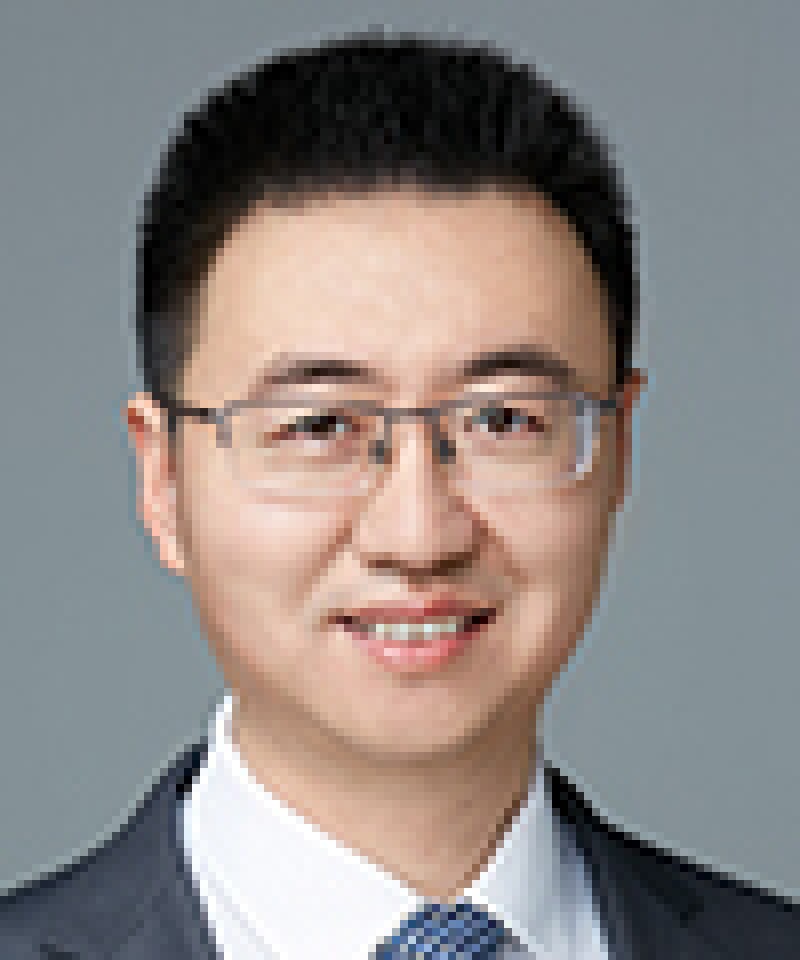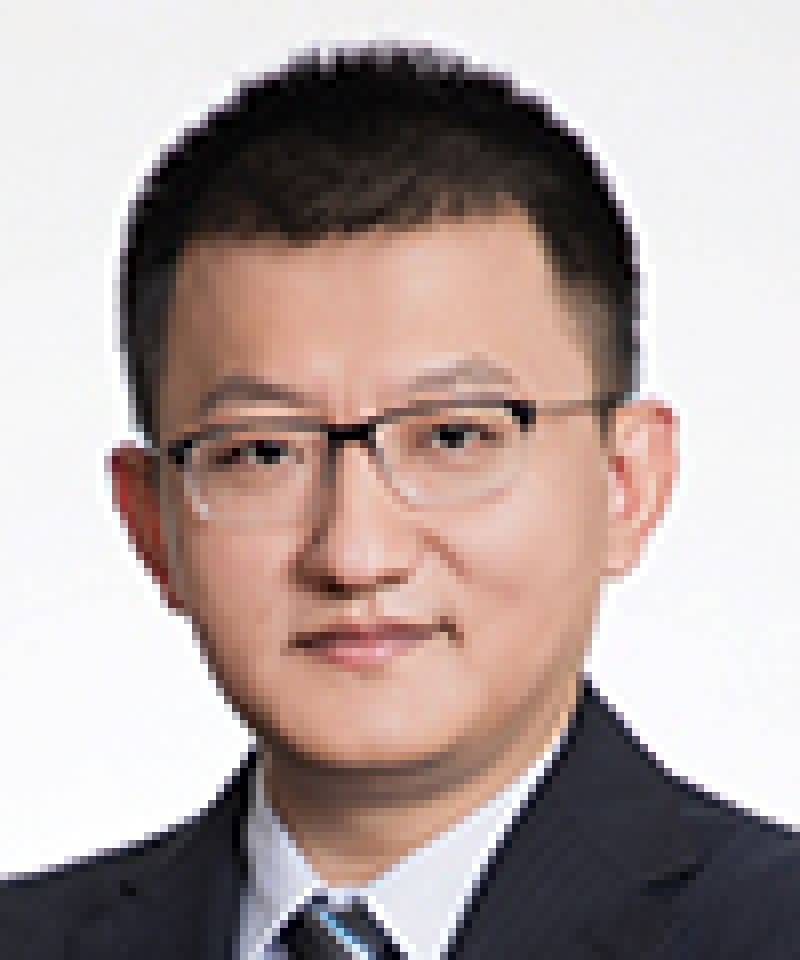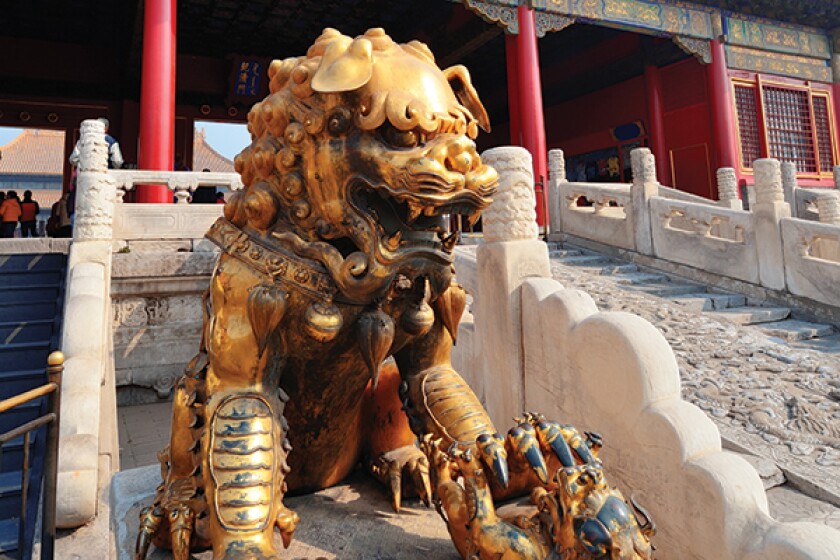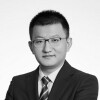In the second half of 2020, a couple of rulings on standard essential patent (SEP) cases were issued in China, including anti-suit injunction rulings in Huawei v Conversant, Xiaomi v IDC, and Samsung v Ericsson, and jurisdiction opposition rulings in ZTE v Conversant and OPPO v Sharp. All of the parties involved in the cases are active players in the telecommunication SEP field. Such a SEP ruling boom emphasises the growing importance of China as a SEP litigation venue.
One of the reasons for such flourishment of SEP litigation is the great development of telecommunication companies in China. From the 2G to 5G era, SEPs owned by Chinese enterprises have soared from less than 10% to over 30% of all declared SEPs. From another perspective, China also has a giant market for manufacturing and selling phones, which is attracting SEP implementers. Therefore, courts in China are holding relatively balanced and tolerant spirits, with no injunction to issue as principle. Courts do not intend to force those implementers to withdraw from the market, but just hope to help move forward licensing negotiations. This is the philosophy in fair, reasonable, and non-discriminatory (FRAND) injunctions in the Huawei v Samsung case, which has proved to facilitate the final settlement.
Except for such FRAND injunctions, parallel SEP litigations have become popular worldwide, and more legal issues have arisen including anti-suit injunction and jurisdiction opposition.
|
|
“From the 2G to 5G era, SEPs owned by Chinese enterprises have soared from less than 10% to over 30% of all declared SEPs” |
|
|
The purpose of anti-suit injunctions by Chinese courts is to temporarily suspend potential enforcement of foreign judgments by the other side and maintain litigation order in China, neither denying or impacting foreign judgments as issued, nor interfering with the judicial sovereignty of others. Chinese courts believe that this responsibility is undertaken under the FRAND principle by the judicial community worldwide.
In the Huawei v Conversant case, the Supreme Court IP Tribunal confirmed that such parallel SEP litigation involving multiple jurisdictions increased the complexity of the case, and therefore an anti-suit injunction deserved to be issued for the first time against Conversant in German SEP litigation, which shows its strong confidence in solving SEP disputes in China. The tribunal held that the anti-suit injunction considered litigation interests of both sides and the rights of disposal based on business considerations. Therefore, both sides should respect and implement this anti-suit injunction and must not deny, avoid or impede it – otherwise, a fine, detention, and even criminal liability could be imposed.
After this anti-suit injunction, licensing negotiation has actively been pushed between Huawei and Conversant to reach global package agreements, ending all of their parallel SEP litigations worldwide. This has set a benchmark for anti-suit injunctions in the IP field during August 2020, and then from September to December 2020, Wuhan Intermediate Court issued two anti-suit injunctions consecutively against IDC and Ericsson respectively.
As to jurisdiction opposition, in the ZTE v Conversant case, the Supreme Court IP Tribunal issued a ruling in August 2020 to confirm the jurisdiction of such SEP cases by Chinese courts based on the principle of 'appropriate connections', which may be derived from all elements in a SEP licensing negotiation process. Then in October 2020, the Shenzhen Intermediate Court also confirmed its jurisdiction over OPPO v Sharp case.
Multiple legal issues are discussed in these rulings from the Supreme Court and the Wuhan and Shenzhen Intermediate Courts, from which the thoughts of the Chinese courts on SEP litigation can be understood. The most important points are analysed below to clarify the judicial approach in such SEP cases.
Elements to establish jurisdiction
Chinese courts believe that the core issue in SEP disputes is to decide licensing conditions specific to detailed circumstances in the negotiation, with the ultimate goal to reach effective and authoritative agreements for both sides and avoid repetitive and inappropriate correlated litigations. Characterised by both patent infringement and contract disputes, SEP licensing disputes are rather special, combining determination of patents essentialities on SEP standards, implementation of patents and patent validity on one hand and divergences on licensing conditions during negotiation on the other hand.
In view of these, courts hold that connections include the country where patents are granted, the place to implement patents (including developing, manufacturing, selling and using), the place to sign contracts, and the place to perform contracts (only if agreements have been reached). Either of them happening in a specific city in China shall be the basis for the connection. Every phase in the negotiation process contributes to jurisdiction.
In the ZTE v Conversant case, Shenzhen is regarded as the place to implement SEPs and develop and manufacture phones, and 60% revenue of ZTE is generated in China with less than 0.1% revenue from UK, all of which shows this case is closely related to Shenzhen. Therefore, the Shenzhen court is believed convenient to do fact-finding for disputes in negotiation, thereby having the jurisdiction.
This is also true for Xiaomi v IDC and OPPO v Sharp, in which cases, Xiaomi Wuhan company and OPPO Shenzhen company are involved as local companies to establish jurisdiction respectively in Wuhan and Shenzhen, although the Xiaomi and OPPO headquarters are in other cities. Such incorporation of local companies in SEP litigation is approved by courts since Xiaomi Wuhan is believed as the place to potentially implement those SEPs, and OPPO Shenzhen is responsible for assisting licensing and operation of IP assets so the OPPO headquarters in Shenzhen is the place to hold negotiation conferences. Regarding IDC and Sharp, although they are foreign enterprises, courts believe that they are owners of Chinese patents, and therefore have financial interests inside China, technically constituting the connection.
Global rates or local rates
The debate on whether courts have the authority to decide global rates is attracting attention from the whole industry. In August 2020, the UK Supreme Court decided that UK courts have the authority to determine global rates for SEP portfolios. After that, potentially as a response, the Wuhan and Shenzhen courts both issued rulings to state that they can decide global rates.
The Wuhan court opined that SEP portfolios are not limited to one country or region, providing SEP owners opportunities for convenient enforcement around the world. Markets for implementers are also not limited. The decision of global rates can not only provide package and cost-effective solutions for disputes not yet solved by rounds of negotiations, but also to maximum degree reduce litigation exhaustion and conflicts of jurisdiction caused by multiple litigations in various countries or regions.
Therefore, the decision of global rates is favourable to resolve the dilemma of determining licensing scope and eliminating interferences and repetitive lawsuits to achieve the ultimate goal of reaching reasonable agreements. The Wuhan court believes that it should be upon requests of parties for decision of global rates.
The Shenzhen court followed the same logic and clearly stated that if global licensing conditions have been discussed in previous negotiations, the court may decide global rates, which is helpful to resolve disputes in nature, thereby enhancing efficiency.
Actually, such a decision of global rates in above rulings is not 'case law'. In 2018, the Guangdong High Court promulgated a 'Guideline to Handle SEP Disputes', in which Article 16 allows courts to decide global rates if there is no clear opposition from the other side or such opposition is accepted by court after a judicial review.
Irreparable harms to plaintiff
On evaluation of anti-suit injunctions, irreparable harms to plaintiffs must be considered. The scope is rather broad, including physical harms on materials and intangible harms on business opportunities, market and economic interests and litigation interests, both in China and foreign countries. The way of proof is flexible, either by evidence or only by reasoning. 'Preponderance of the evidence' rule is applied but not considered as 'high probability criteria'.
In Huawei v Conversant, the court decided that irreparable harms were based on the presumption that if Conversant applied for enforcing the German first instance judgment, Huawei would only have two choices – one is being forced to withdraw from German market, and the other is being forced to accept Conversant's offer.
The withdrawal from the market will cause loss of German market and business opportunities, which cannot be repaired by money in the future. Conversant's offer was 18.3 times higher than before, which meant that Huawei had to give up litigation in China, causing huge loss in litigation interests. To prove this, Huawei submitted the first instance judgment issued by the German court and presented reasoning based on common business logic and commercial practice, which was accepted by the court.
In Samsung v Ericsson, the court confirmed that the manufacturing and sale acts of Samsung would be influenced by any other injunctions. Especially for the telecommunication field with a short product life cycle and fast technical iterations, any other injunctions may block the sale to make Samsung's market shrink irreversibly, which should be considered as irreparable harms.
The anti-suit injunction in Xiaomi v IDC follows the same logic by confirming that the influences of potential injunctions in India on the Indian market against Xiaomi is irreparable, causing Xiaomi's overseas market development efforts to return to zero, even probably causing further harms to licensing negotiation.
Balance of interests for both parties and public interests
Another element to consider for anti-suit injunctions is to compare which is worse between irreparable harms to plaintiff and potential harms to defendant under anti-suit injunctions, thereby making a trade-off. The lesser carries weight.
|
|
“The debate on whether courts have the authority to decide global rates is attracting attention from the whole industry” |
|
|
In Huawei v Conversant, the court reasoned that potential harms to Conversant under anti-suit injunction were only to suspend the enforcement of the German first instance judgment which was actually not final and effective per se, and therefore anti-suit injunctions would not influence the litigation interests of Conversant in Germany. Especially when the core interest of Conversant is to mainly license royalties, the influences caused by such suspension would be relatively limited.
In Samsung v Ericsson, the court held that anti-suit injunctions might limit the enforcement of Ericsson's SEPs temporarily, and Ericsson would not lose its rights forever. On the contrary, the anti-suit injunction may maintain Samsung's manufacturing and sale of phones, which is the basis for a potential future royalties increase.
The public interest is also in the courts' mindsets, but generally not a strong one since phones produced by any company are not irreplaceable to consumers. Furthermore, although non-practicing entity (NPE) background may be another factor, it is not such an important or decisive consideration.
International comity
International comity consideration covers the sequence of case acceptance, appropriate jurisdiction, influences on foreign courts handling and so on. Parallel foreign litigation in principle is not believed to be a conflict with Chinese courts.
Regarding disputes between Huawei and Conversant worldwide, Chinese cases were accepted in January 2018, while German cases were accepted in April 2018. Although the German court has issued the first instance judgment, the Chinese court believes that anti-suit injunctions would not influence litigation progress or legal effectiveness of the German judgment. The anti-suit injunction may only cause suspension, which is considered within reasonable scope by the Chinese court.
In Xiaomi v IDC, the court was upset by IDC's filing of preliminary and permanent injunctions in India after the Wuhan judgment, which was considered as a bad-faith intention to interfere and impede legal proceedings in China and also a potential abuse of SEP rights. The court believed that such repetitive and correlated cases will cause litigation exhaustion, even making China's judgment conflict with India's judgment and subsequently not enforceable.
Summary and strategies in SEP litigations
Growing presence of China
In the wave of 5G technology developments, Chinese courts have been more proactive in handling SEP-related disputes, including patent infringements, declaratory requests, FRAND licensing conditions disputes and antitrust lawsuits. Chinese companies seem to be involved, no matter whether they are SEP owners or implementers, connections can always be found to establish jurisdiction by Chinese courts.
This proves the growing importance of China as a SEP litigation venue. The judicial approach in handling SEP litigations by Chinese courts should be closely monitored. The Supreme Court IP Tribunal in particular, as a bellwether of legal practice, should be paid much more attention.
Climate of strong protect
The strong IP protection climate is in operation in China. Under this background, Chinese courts seem to have more confidence and courage in issuing anti-suit injunctions, which would have been hard to imagine, since only one anti-suit injunction has ever been issued in the maritime litigation field. Moreover, Chinese courts have the flexibility to adjust judicial policy to times according to social progress and technical developments. In view of this, if SEP litigation were initiated in China, it would be better to stay in China to avoid such anti-suit injunctions.
On the other hand, if SEP litigation involving Chinese companies were filed outside China, it is still possible that Chinese companies filed declaratory requests in China based on Chinese family members as countermeasures, in which situation Chinese courts still have chances for anti-suit injunctions.
Seeking favourable agreements
Upon the request of either party, it is on the Chinese courts' discretion whether to decide on a global rate, which has become almost consensus. One dilemma could be that although damages of IP infringement are increasing, they average around $70,000 for an invention patent, not as high as a $1 million, causing the global rate to also not be very high. Moreover, the invalidation rate for invention patents is around 40%-45% according to the China National Intellectual Property Administration (CNIPA) 2020 statistics, and there are also high risks in patent essentiality review by courts.
Therefore, a better strategy for foreign companies could be to take SEP litigation as leverage and proceed with licensing negotiations to try to reach relatively favourable agreements, without expecting final judgments from the Chinese courts. Especially when a first instance judgment is issued, this could be good timing for settlement. To facilitate both parties to finally reach agreements without deciding any rate to interfere with business routine is the philosophy of Chinese courts in handling SEP litigations.
Most important factors for anti-suit injunctions
The most important factors in the evaluation of anti-suit injunctions include irreparable harms and balance of interests of both parties. Irreparable harms cover a rather broad scope and are those harms not able to be compensated by money. Ways to prove it is also not difficult and even possible just by reasoning. Regarding harms to the other side due to anti-suit injunctions, emphasis is mainly laid on suspension of request of the other side for enforcement of foreign judgement. In current cases, judgments are only at first instance and not effective or even not issued yet, whose influences in nature should not be more painful than those irreparable harms.
Therefore, actions of issuing anti-suit injunction could not be causing too much pressure or burden to Chinese courts. The real challenge may be in the future when an anti-suit injunction is requested against Chinese implementers by foreign SEP holders.
Establishing jurisdiction
For Chinese companies, it would not be difficult to incorporate a local company to establish jurisdiction to certain local courts technically. Jurisdiction opposition procedure does not review merits of cases. Therefore, when negotiation conferences are to be attended, it is important to pay attention to geographic deployments, which may be connections for jurisdiction in future. So far, Beijing, Nanjing, Shenzhen and Wuhan courts have issued SEP-related judgement, and it is possible that other courts may be followers for such practice.
Click here to read all the chapters from MIP's China Special Focus

Guanyang Yao
Partner
Liu Shen & Associates
T: +86 10 6268 1616
Guanyang Yao is a partner at Liu Shen & Associates, with a focus on providing patent-related legal services. He has extensive experience in complicated patent invalidation, infringement and administrative disputes.
Guanyang provides legal opinions on litigation strategy making, freedom-to-operate analysis, patent licensing, anti-unfair competition and trade secret protection. He has represented multiple domestic and international enterprises, covering technical fields including engineering, automobiles, software, telecoms SEPs, home appliances and medical devices. A number of cases handled by him have been selected as annual IP representative cases by local high courts and the Supreme Court, in providing guidance and clarifications on legal issues.
Guanyang has a master's degree in information systems from Beijing Aeronautics and Astronautics University, and a LLM from UIC John Marshall Law School. He has a further master's degree from China University of Political Science and Law. He is also an active speaker at domestic and international IP conferences.

Xiaoning Yu
Partner
Liu Shen & Associates
T: +86 10 6268 1616
Xiaoning Yu is a partner with Liu Shen & Associates. He is experienced in handling patent-related affairs, including patent prosecution, patent invalidation, patent litigation, and client counselling with a focus on communication, electronics, computer science, and artificial intelligence.
Xiaoning has prosecuted thousands of patent applications for multinational companies, and has handled a series of patent infringement litigation cases and invalidation cases, including Huawei v Samsung and Qualcomm v Apple. He has strong expertise in SEP-related issues, including the FRAND principle and injunctions. He also provides analysis and counselling services for clients, including freedom to operate (FTO) analysis, SEP analysis and IP due diligence.
Xiaoning has a LLM from UIC John Marshall Law School, and earlier obtained his master's and bachelor's degrees from Tsinghua University.












